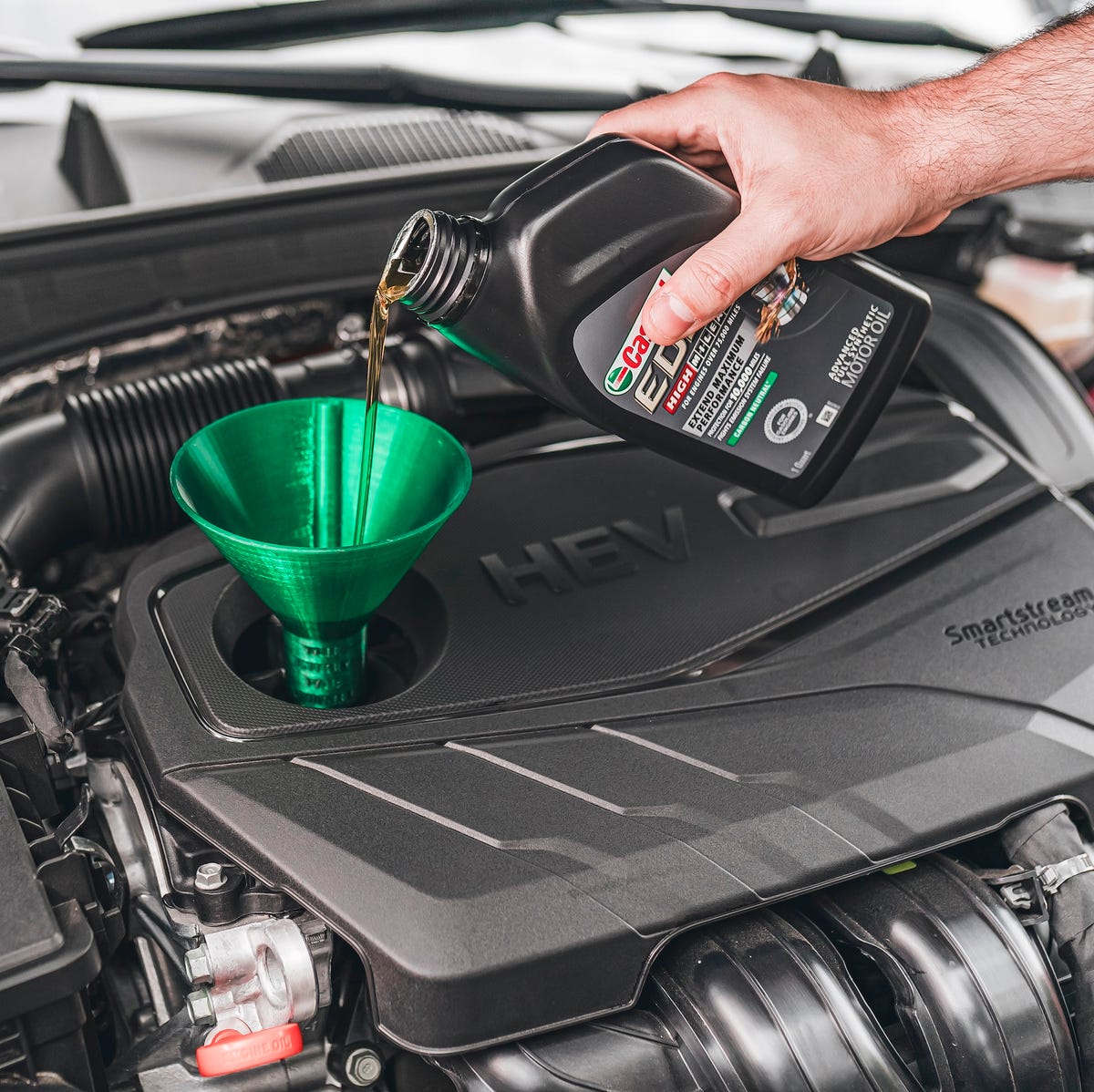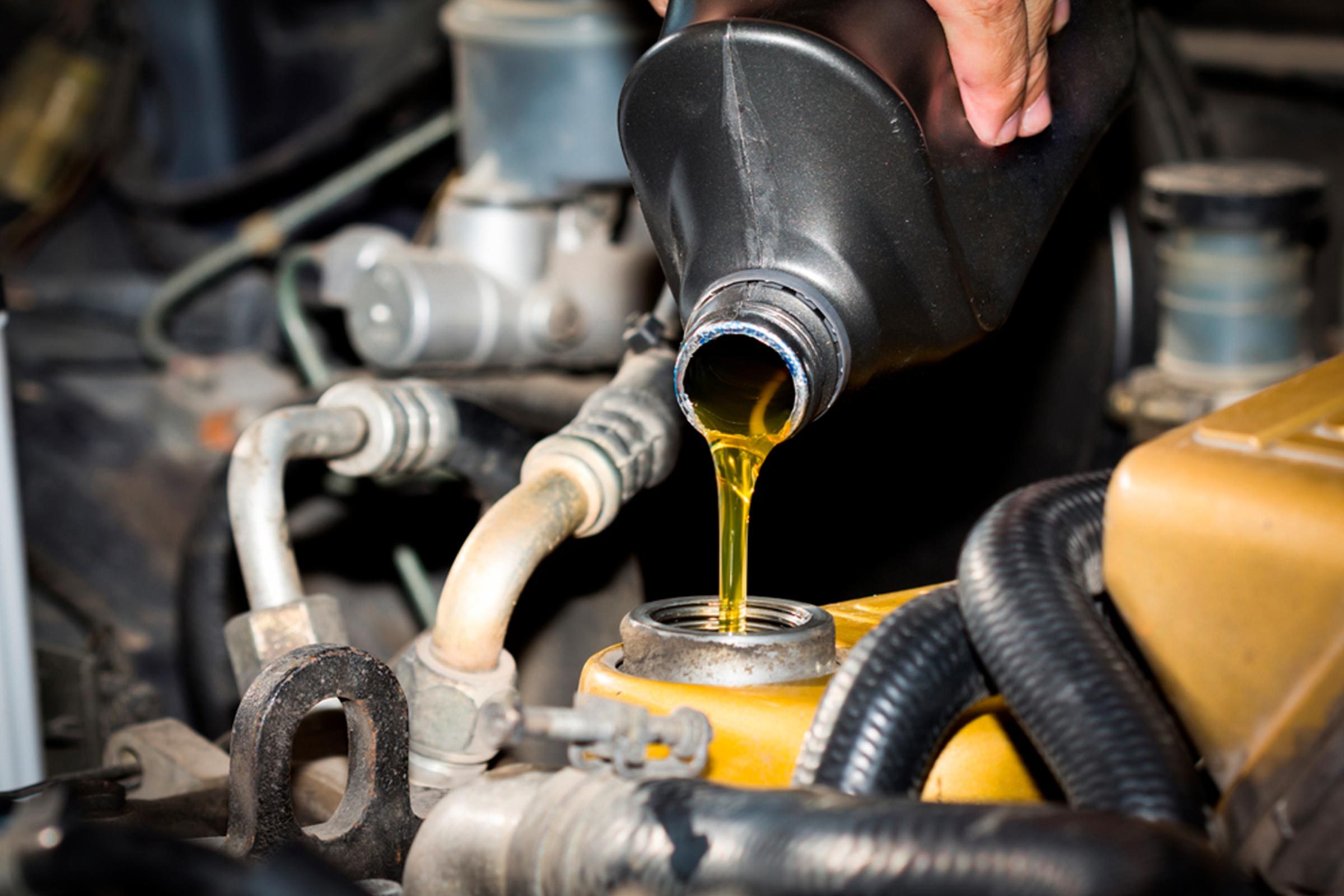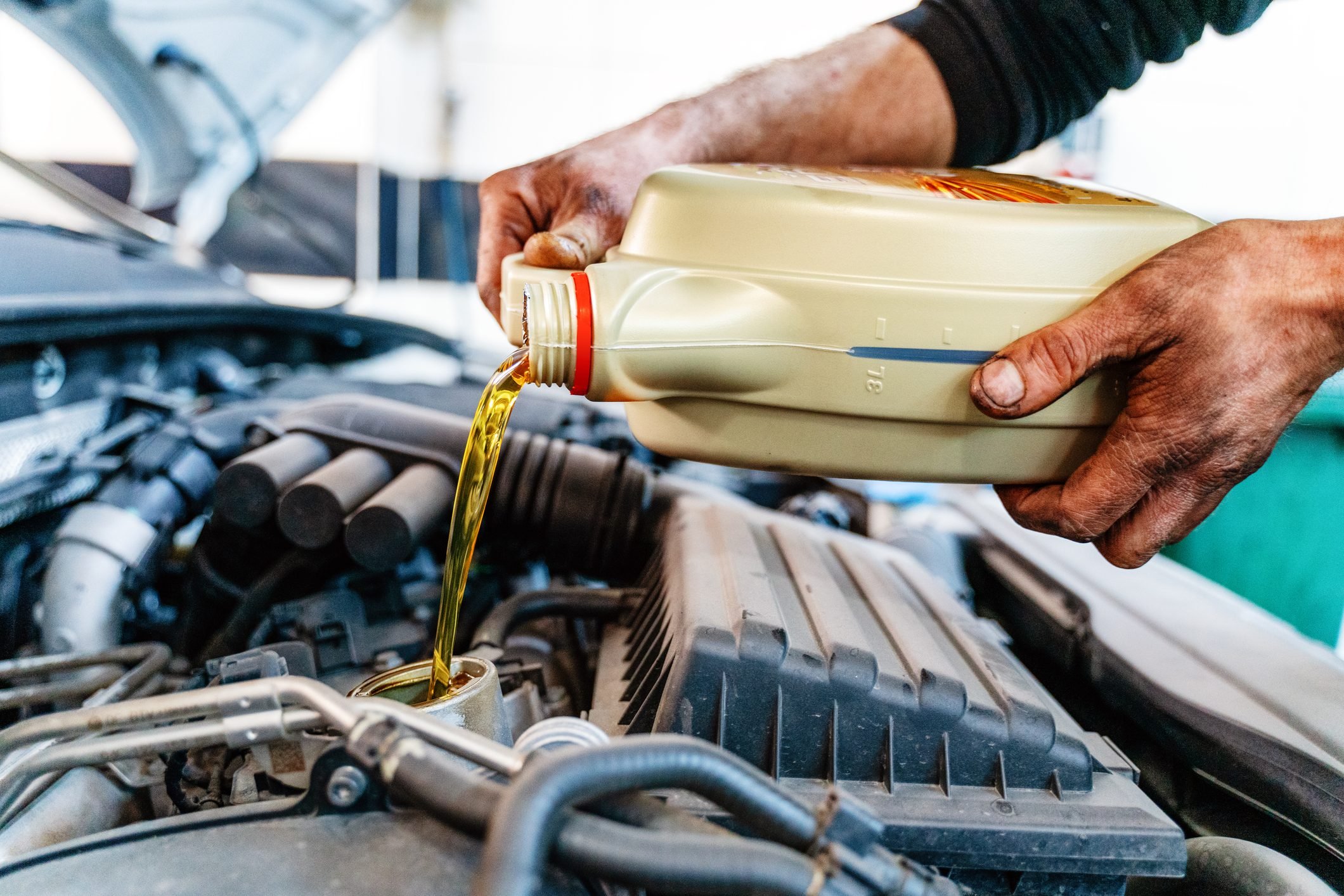Get the best Oil Change Lockhart service without the wait at our trusted location.
Get the best Oil Change Lockhart service without the wait at our trusted location.
Blog Article
Just How an Oil Change Improves Gas Efficiency and Protects Your Automobile
Normal oil adjustments are an important aspect of vehicle upkeep that can substantially boost gas efficiency and safeguard engine integrity. By replacing old, contaminated oil with high-quality choices, rubbing among engine components is minimized, leading to enhanced functional effectiveness and gas intake.
Significance of Normal Oil Modifications
Engine oil serves as an essential lubricant, reducing friction between relocating components and preventing too much wear. Overlooking oil changes can lead to a host of problems, consisting of engine getting too hot, lowered fuel effectiveness, and eventually, costly repair work.
In addition, routine oil changes add to ideal engine performance. Fresh oil makes sure that the engine runs efficiently, allowing for much better acceleration and responsiveness. This is especially crucial for automobiles that undergo hefty use or operate in challenging conditions. In addition, numerous suppliers suggest specific periods for oil adjustments, which need to be stuck to in order to preserve guarantee protection and avoid possible nullifying.
Just How Oil High Quality Impacts Efficiency
Exactly how does oil top quality influence the overall efficiency of an engine? The quality of engine oil plays a critical role in keeping optimal engine function.
Additionally, top quality oil has ingredients that improve its efficiency under differing problems. These ingredients can consist of cleaning agents, which aid to tidy engine components and stop sludge accumulation, and anti-wear representatives, which shield crucial surfaces throughout high-stress situations. The thickness of the oil is also crucial; it needs to remain stable across a variety of temperature levels to guarantee proper flow and lubrication.
Using poor or degraded oil can cause diminished performance, resulting in enhanced engine wear and potential overheating. This can inevitably reduce the lifespan of critical parts, leading to costly fixings. Choosing top quality oil is essential for maintaining engine efficiency, long life, and reliability. On a regular basis inspecting and changing the oil according to producer specifications makes certain that the engine operates at its best, guarding your financial investment in your vehicle.

Influence On Gas Performance
Fuel performance is substantially affected by the quality of engine oil made use of in a car. Top notch engine oil facilitates smoother engine operation by minimizing rubbing between relocating components. This decrease in friction is vital, as it permits the engine to read what he said run more effectively, ultimately causing enhanced gas intake. When the engine oil is fresh and of exceptional high quality, it preserves ideal thickness, ensuring that the oil streams appropriately and reaches all needed components.
Conversely, deteriorated or low-quality oil can produce raised rubbing and resistance within the engine. This not only hinders efficiency yet additionally requires the engine to function harder, resulting in greater fuel intake. Routine oil modifications aid preserve the oil's honesty, making certain that it stays effective in lubing engine parts and stopping accumulation of damaging down payments.

Stopping Engine Damage
Maintaining ideal engine performance is greatly based on stopping damage, which can significantly prolong the lifespan of the car. Routine oil changes play an important role in this precautionary maintenance technique. Engine oil acts as a lubricant, minimizing friction in between relocating components, which helps to minimize wear. Gradually, oil can come to be contaminated with dirt, particles, and metal bits, reducing its performance.
When oil is not changed frequently, it can lead to boosted rubbing, getting too hot, and inevitably, engine failure. Fresh oil, on the other hand, consists of additives that secure engine components from rust and wear, ensuring smoother operation.
In enhancement to the quality of oil, following the producer's suggested oil modification intervals is important. By focusing on regular oil adjustments, lorry proprietors can dramatically decrease the threat of engine wear, improve performance, and eventually conserve on expensive fixings, therefore preserving the automobile's worth over time.
Signs Your Oil Needs Changing
Routine oil modifications are not just essential for stopping engine wear but likewise for identifying when your oil needs substitute. Numerous indications suggest that it may be time for an oil change, and being watchful concerning these can aid keep your vehicle's performance.

Among the most usual indications is the oil adjustment light on your dashboard. Oil Change Lockhart. If this light brightens, it is a punctual to check your oil degrees and consider an adjustment. Furthermore, if you discover a dark, abrasive texture when examining the oil on the dipstick, it suggests that the oil these details has ended up being contaminated and is much less efficient in other lubing the engine parts
Uncommon engine noises, such as knocking or ticking, may also indicate that the oil is stopping working to do its tasks, potentially leading to severe engine damages. If you identify a burning oil odor or see oil spots under your vehicle, these could indicate leakages or too much intake, necessitating an instant oil modification.

Verdict
The use of top notch, fresh oil minimizes rubbing among engine elements, minimizing energy loss and promoting smoother operation. Timely oil changes avoid the accumulation of hazardous pollutants that contribute to engine wear and overheating.
Report this page